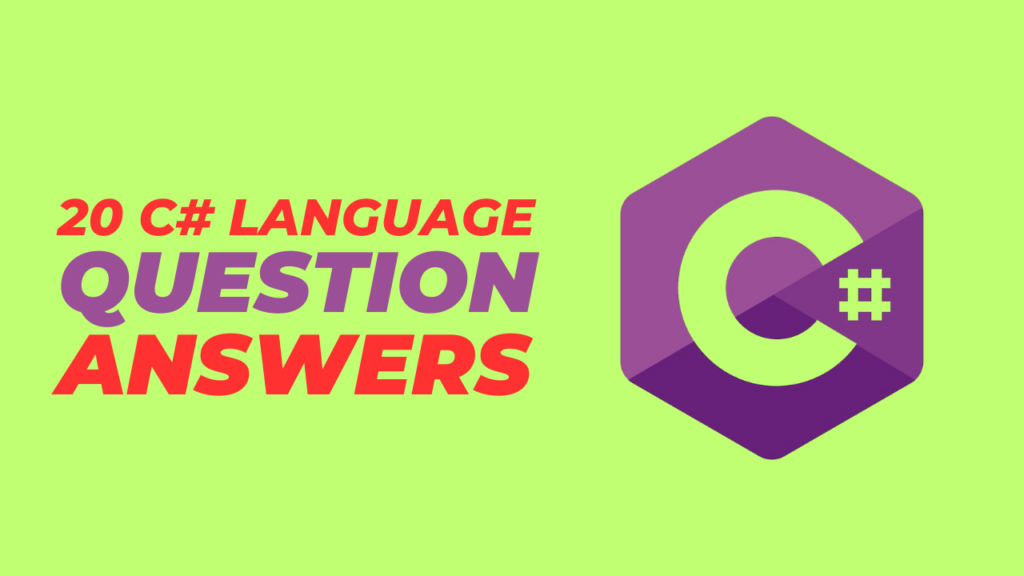What is the C# Language ?
C# combines the high performance of C++ with the simplicity and rapid development capabilities of Visual Basic. It is statically typed and supports imperative, declarative, functional, generic, and component-oriented programming disciplines. Its syntax is similar to that of other C-based languages, making it relatively easy for developers familiar with C, C++, or Java to learn.
Advantage
- Versatility: C# can be used to develop a variety of applications, including web services, mobile apps (via Xamarin), desktop applications, and games (using Unity).
- Integration with .NET: As part of the .NET ecosystem, C# enjoys seamless integration with the extensive libraries and frameworks, simplifying development processes.
- Performance: C# provides robust performance suitable for enterprise-grade applications which is easy for use.
- Memory Management: C# features automatic garbage collection, which helps manage memory and improve performance without manual intervention.
- Type Safety: C# enforces strong type-checking, which minimizes runtime errors and enhances code reliability and maintainability.
- Community and Support: Backed by Microsoft, C# boasts extensive documentation, a large developer community, and strong support forums.

Use Cases
- Enterprise Applications: C# is mainly used for developing large-scale applications because of its performance, scalability, and security features.
- Web Development: ASP.NET, a framework built on C#, is popular for creating dynamic web applications and services.
- Game Development: Unity, a leading game development engine, uses C# for scripting, making it a preferred language for game developers.
- Mobile Apps: With Xamarin, C# can be used to create cross-platform mobile applications for iOS and Android.
- Windows Applications: C# is the primary language for developing Windows applications using frameworks like Windows Forms and WPF (Windows Presentation Foundation).
